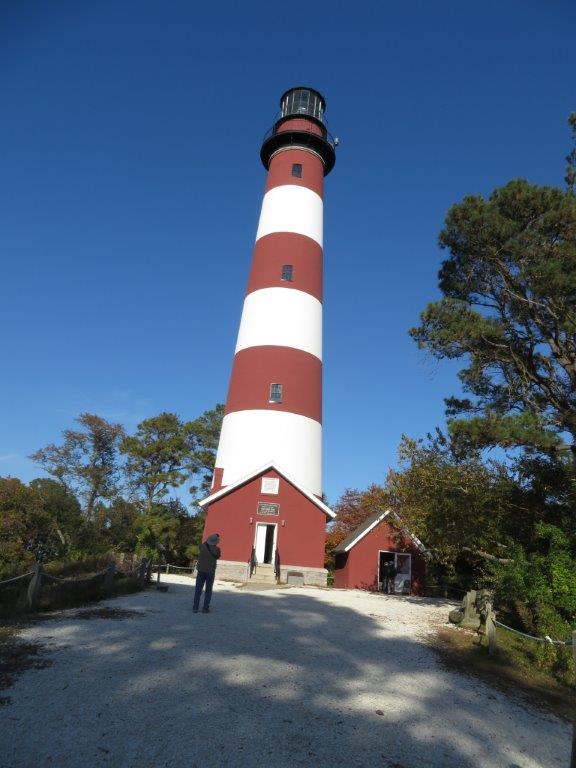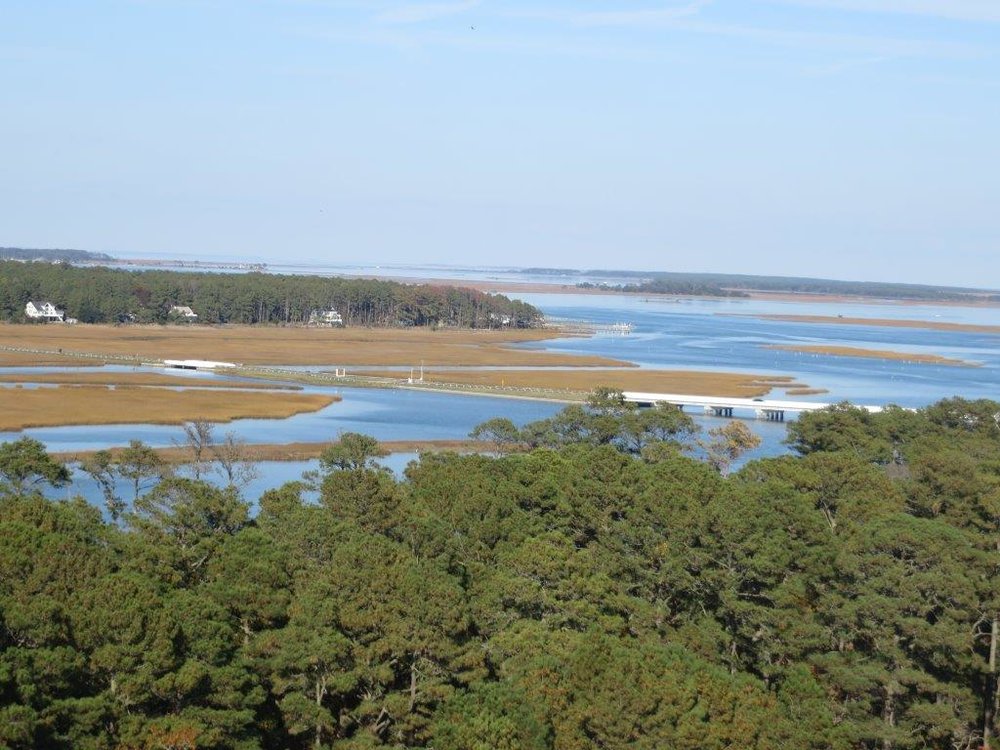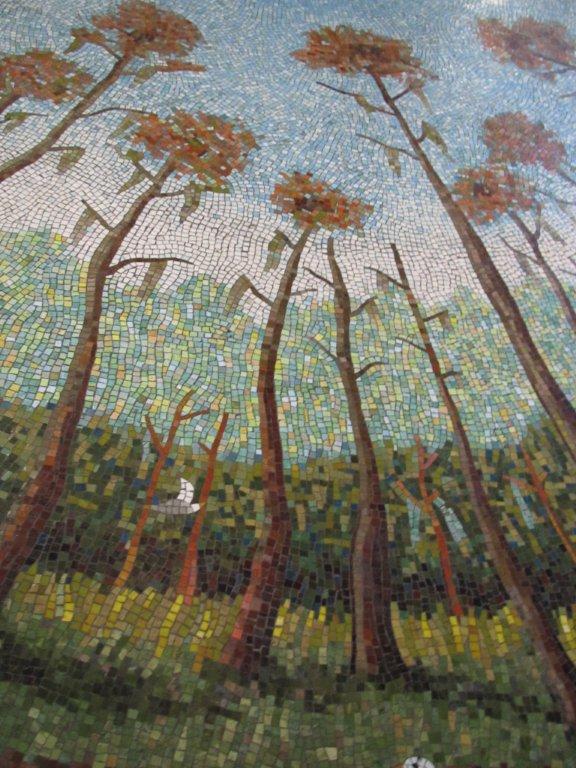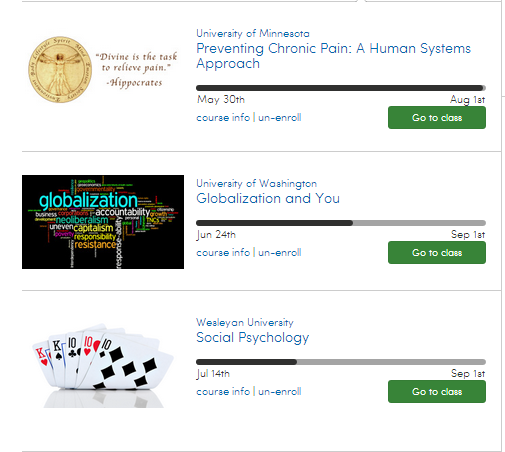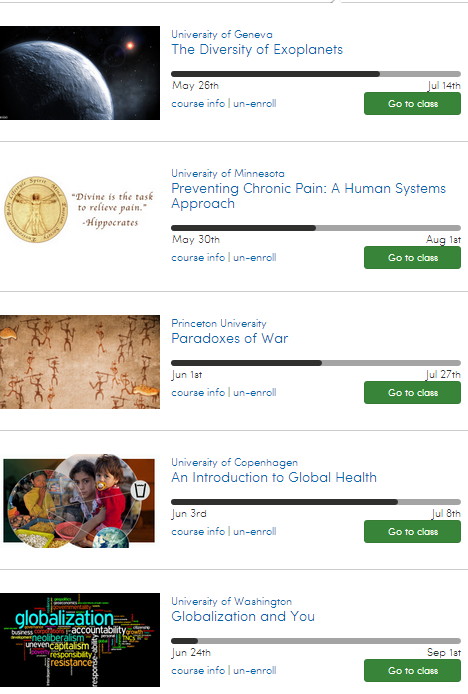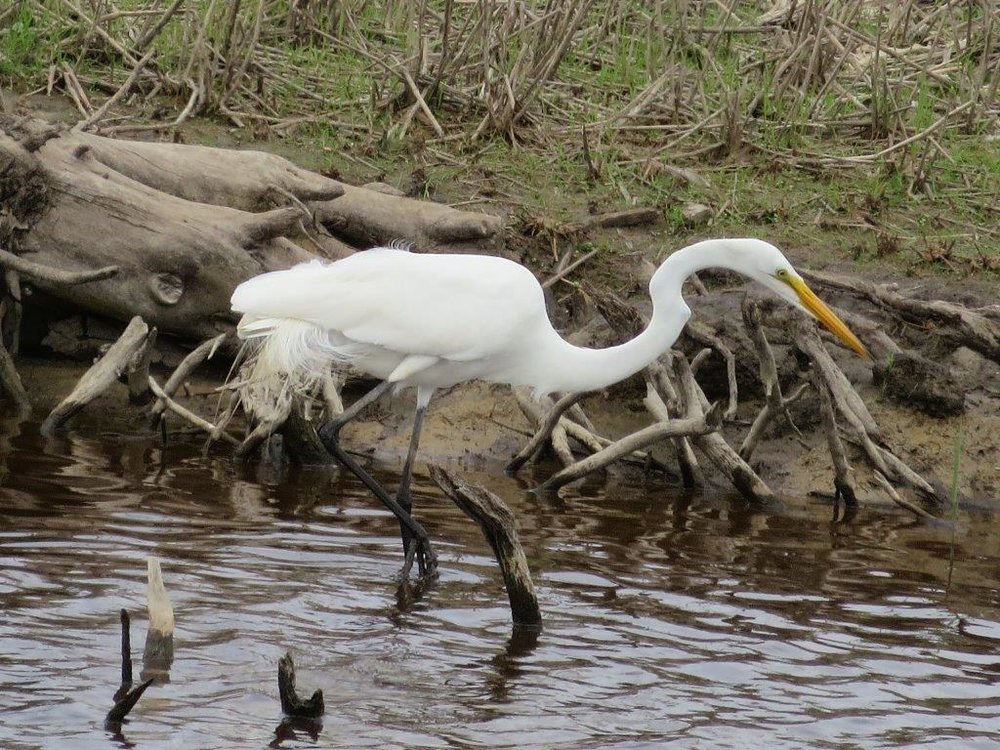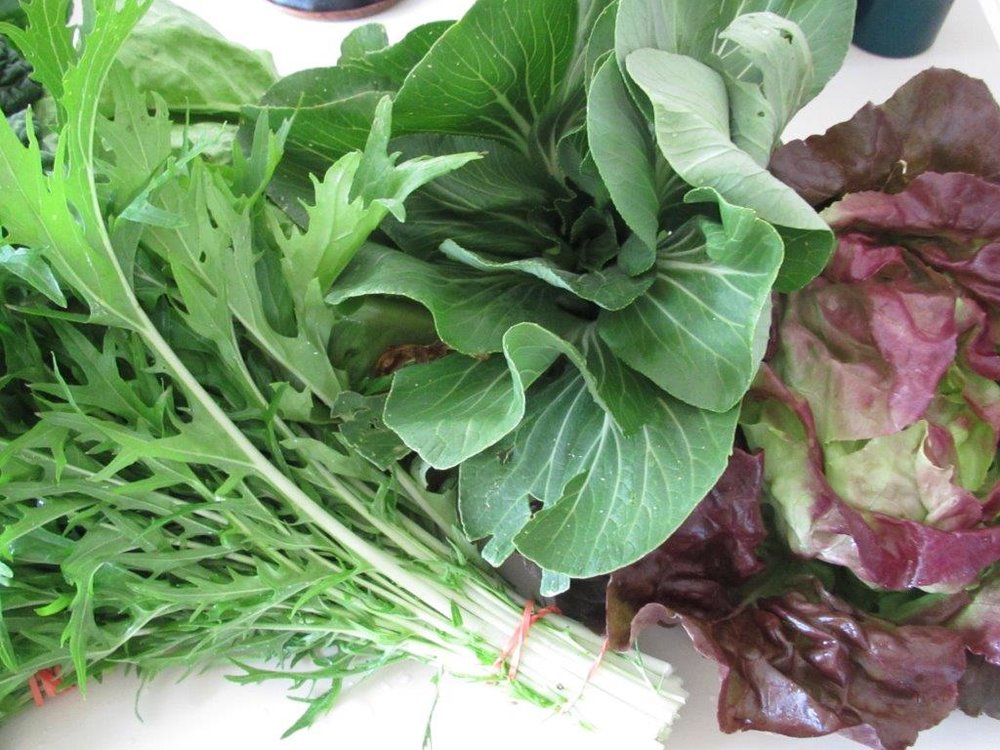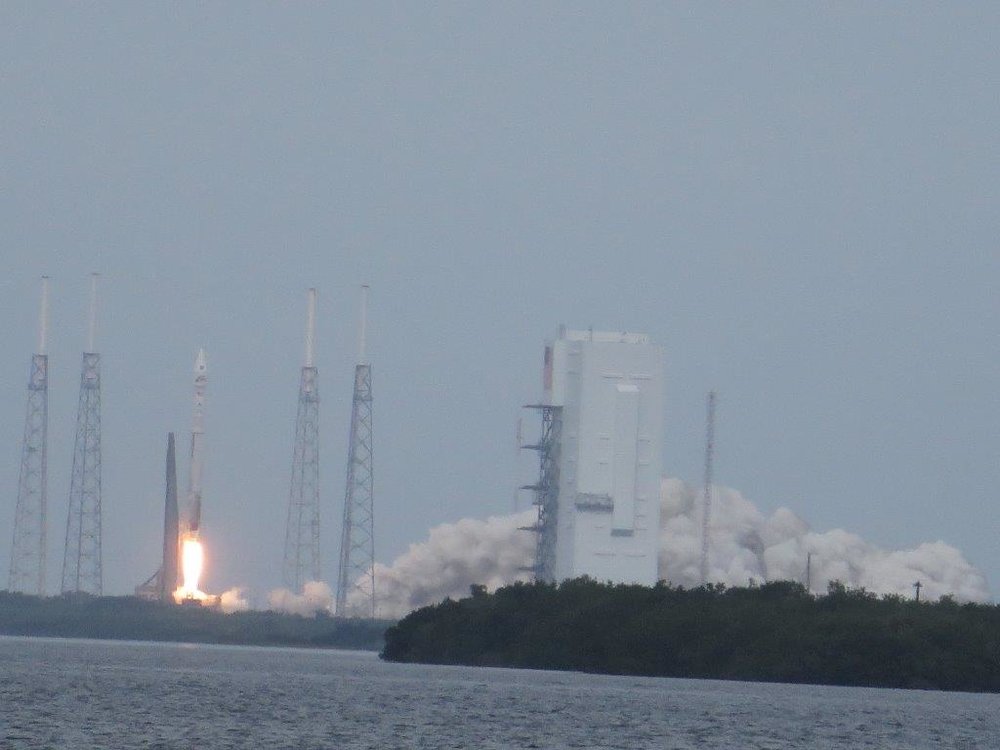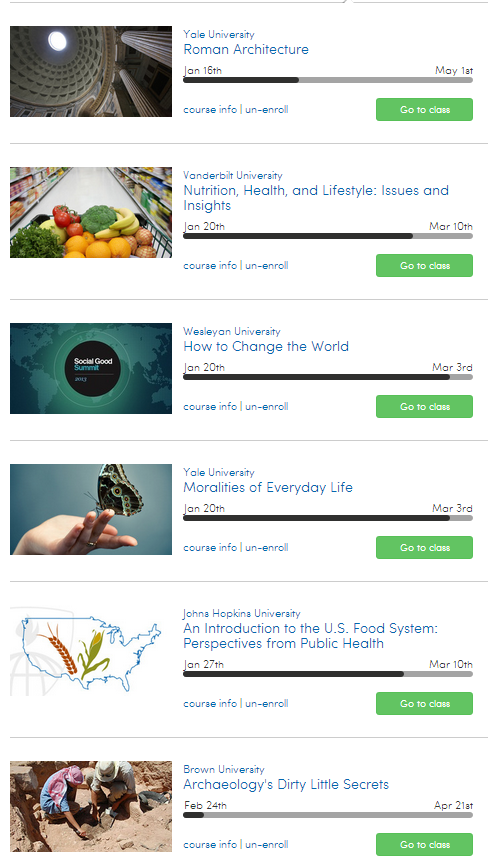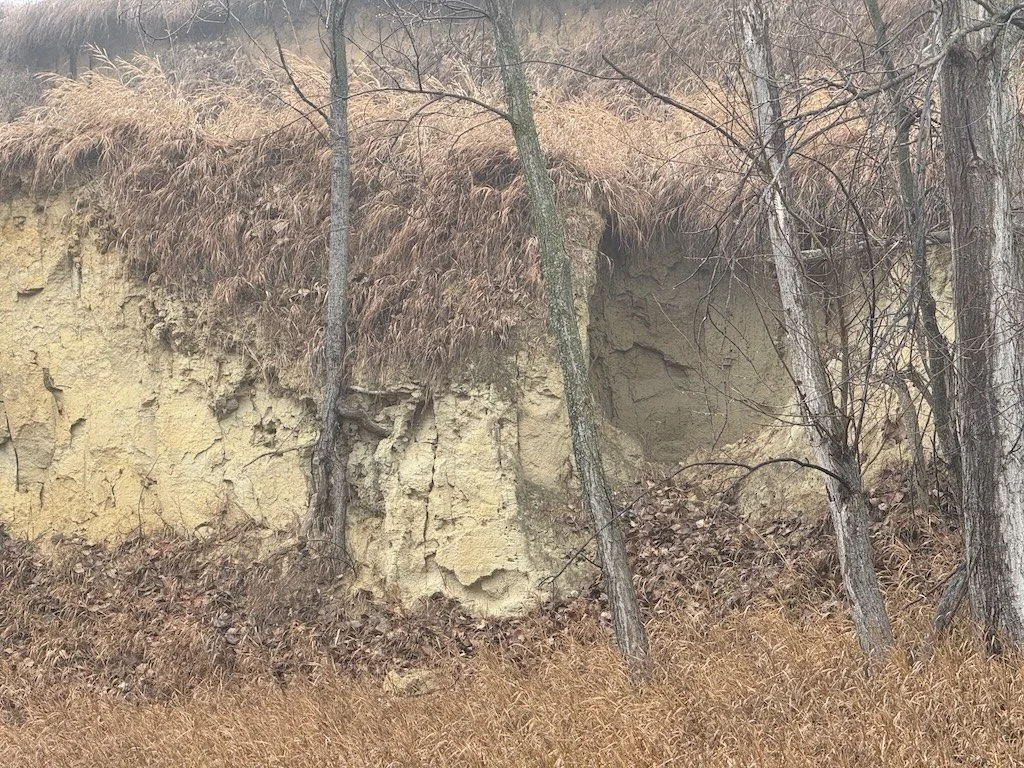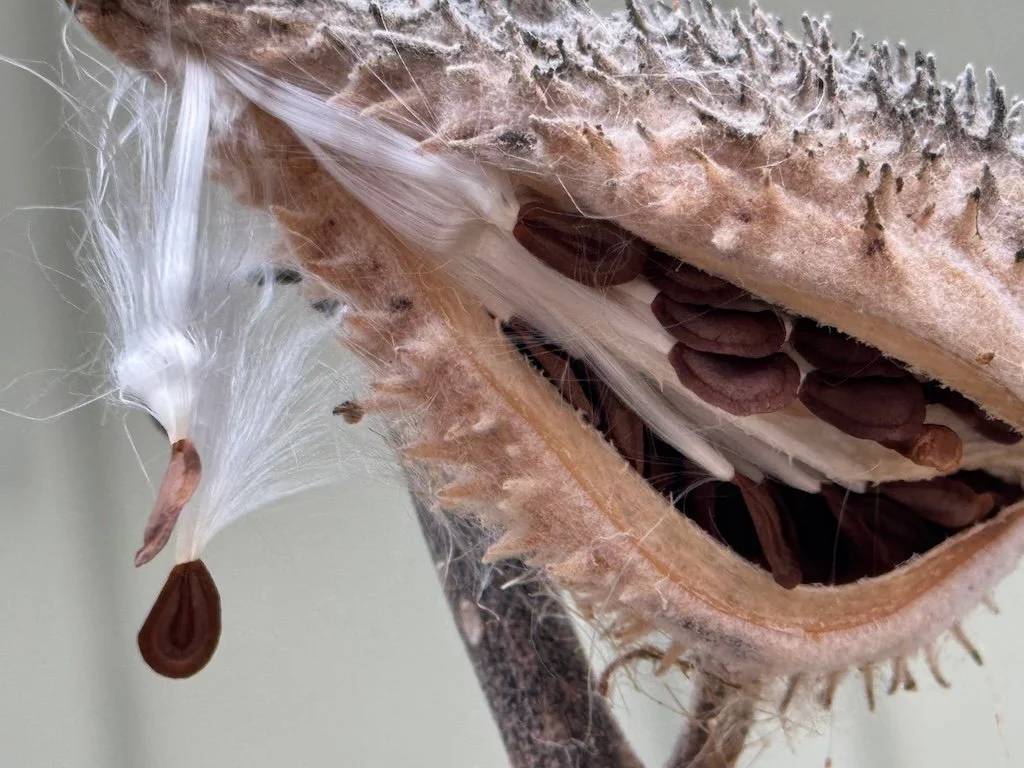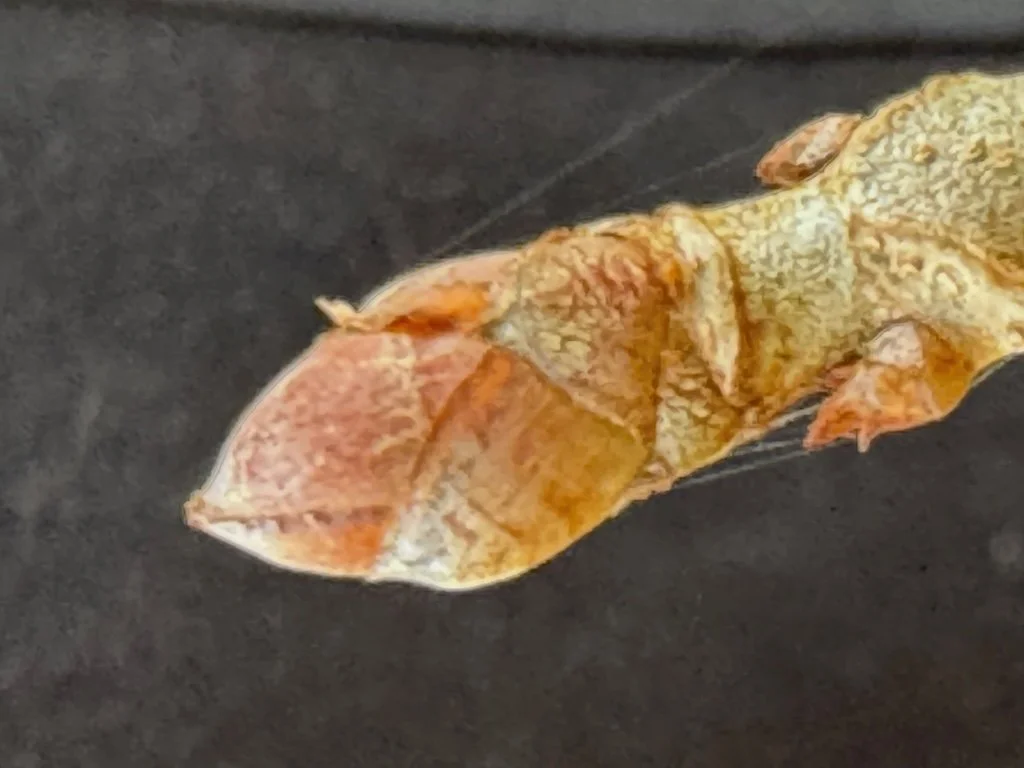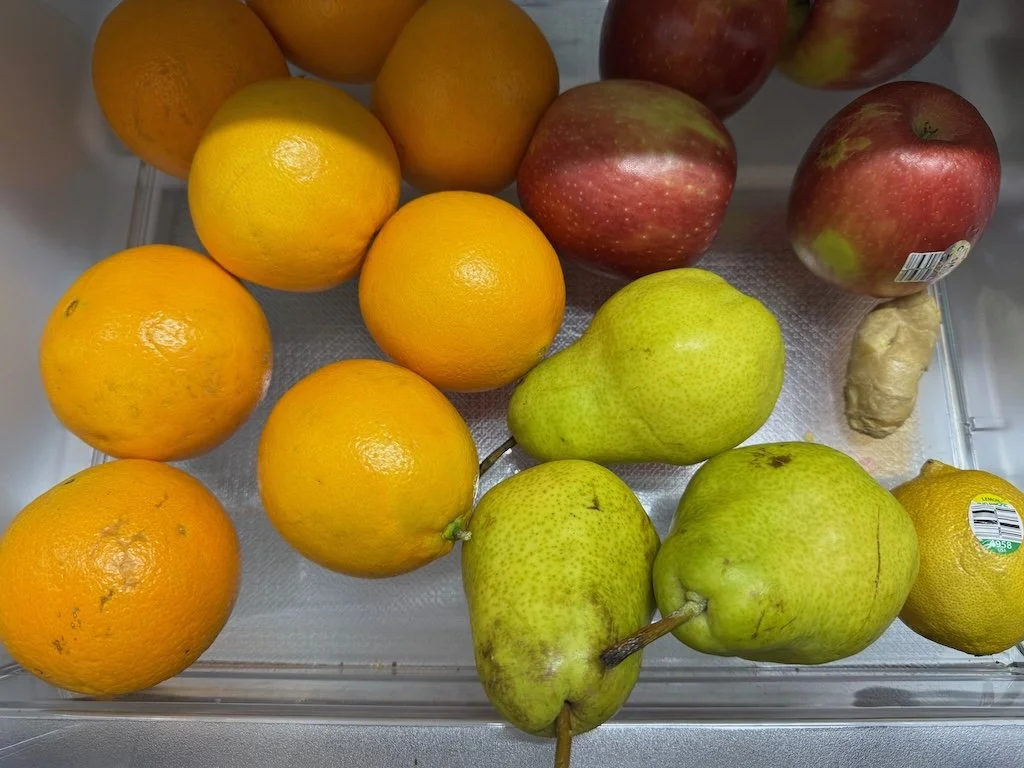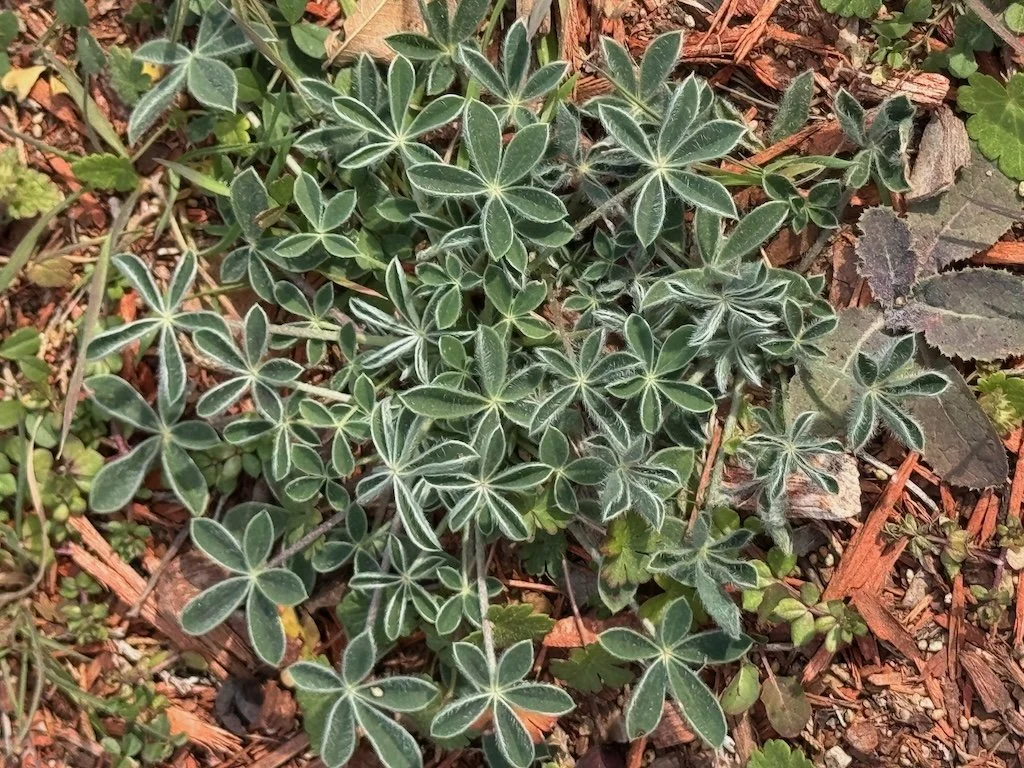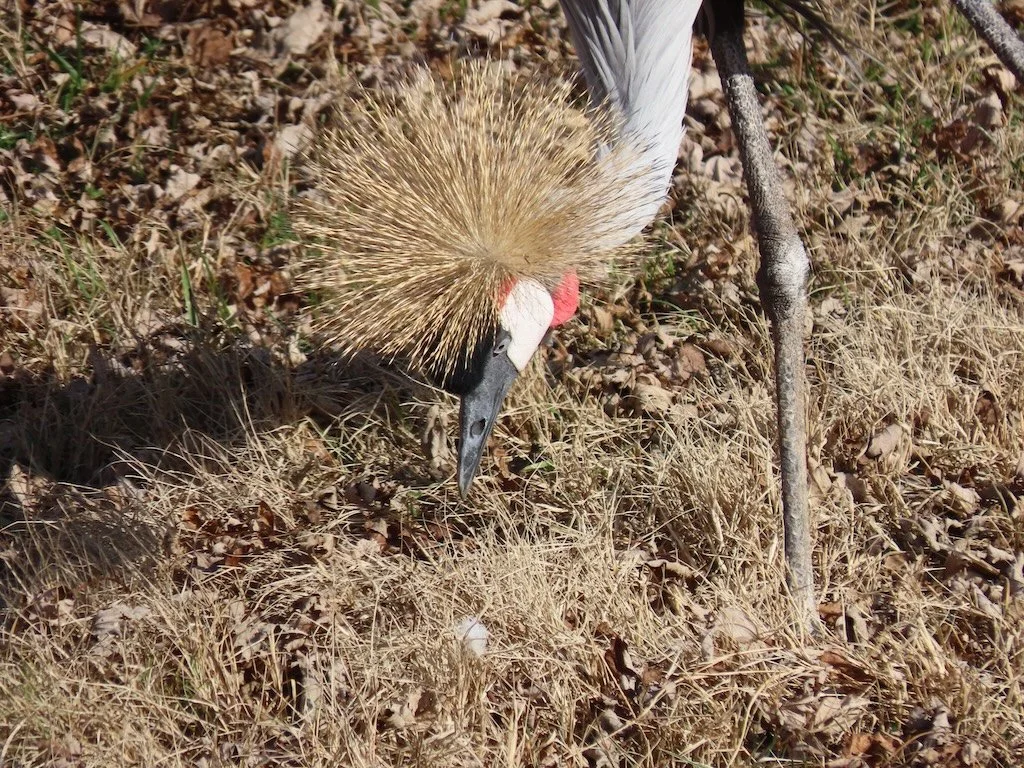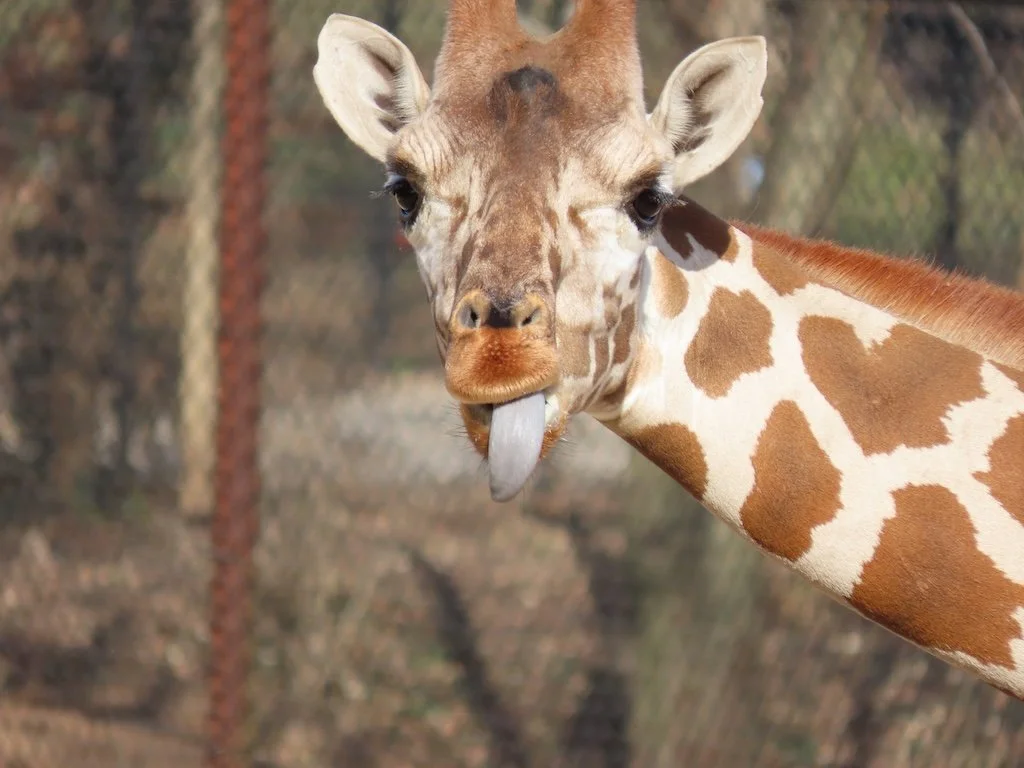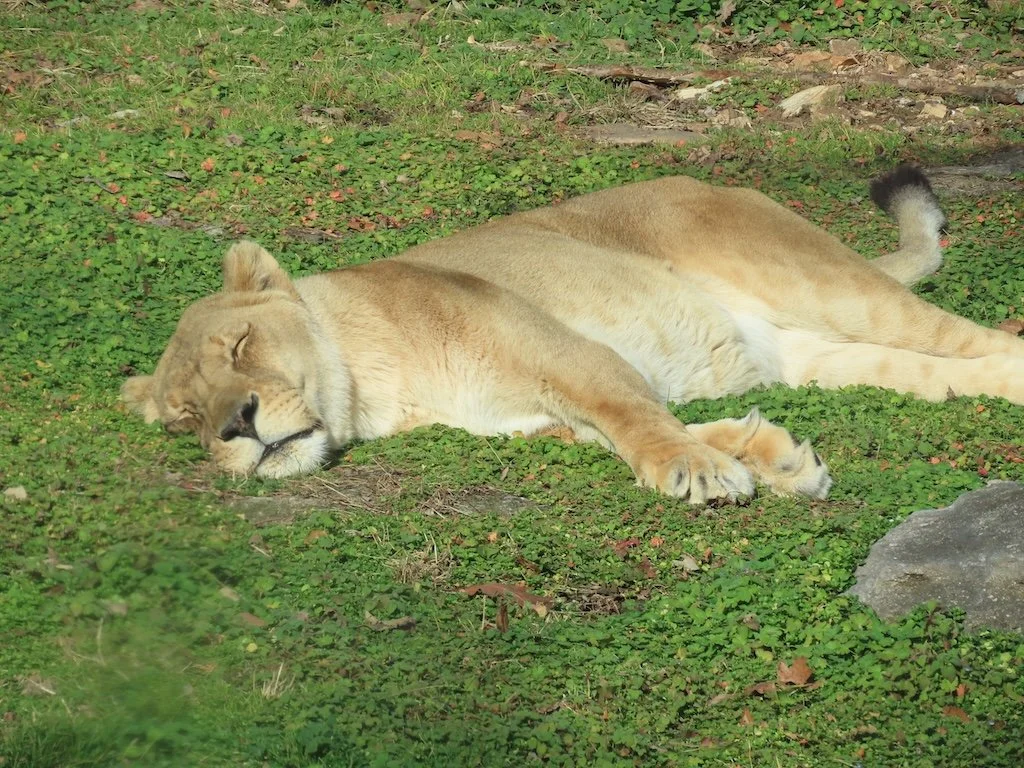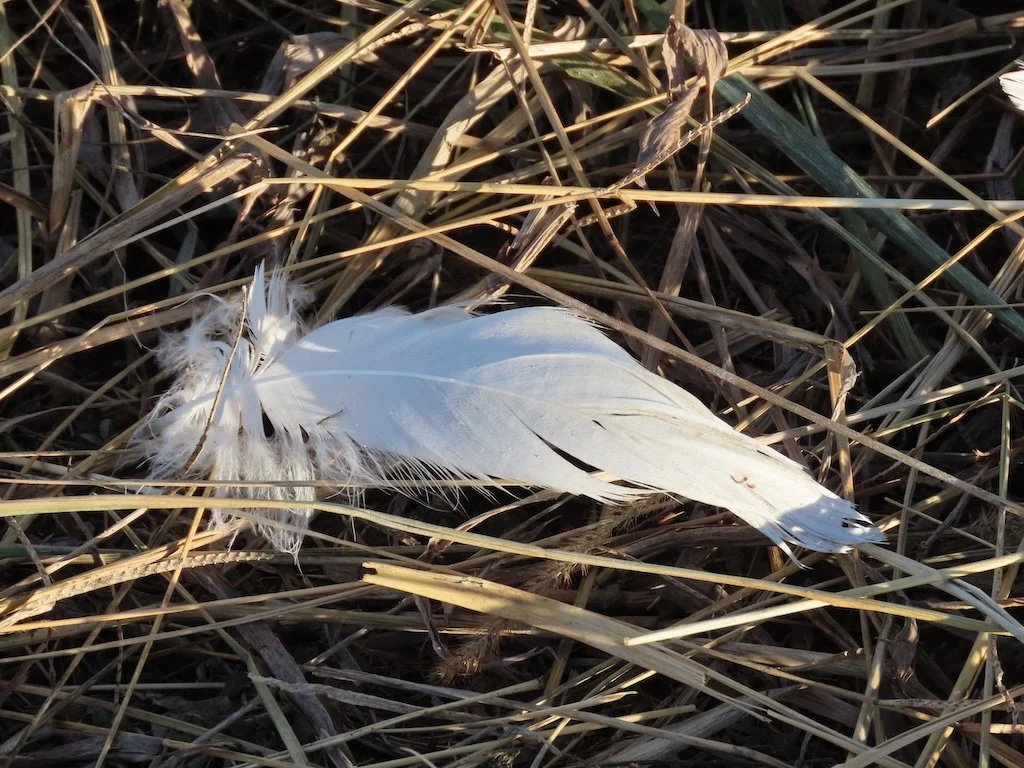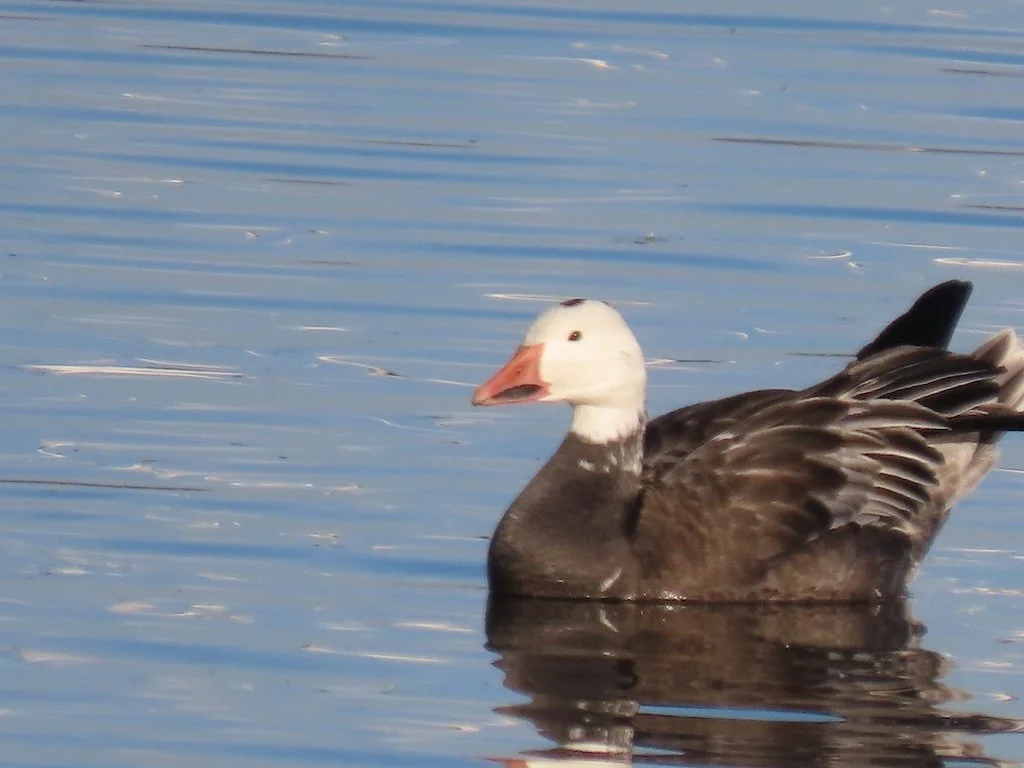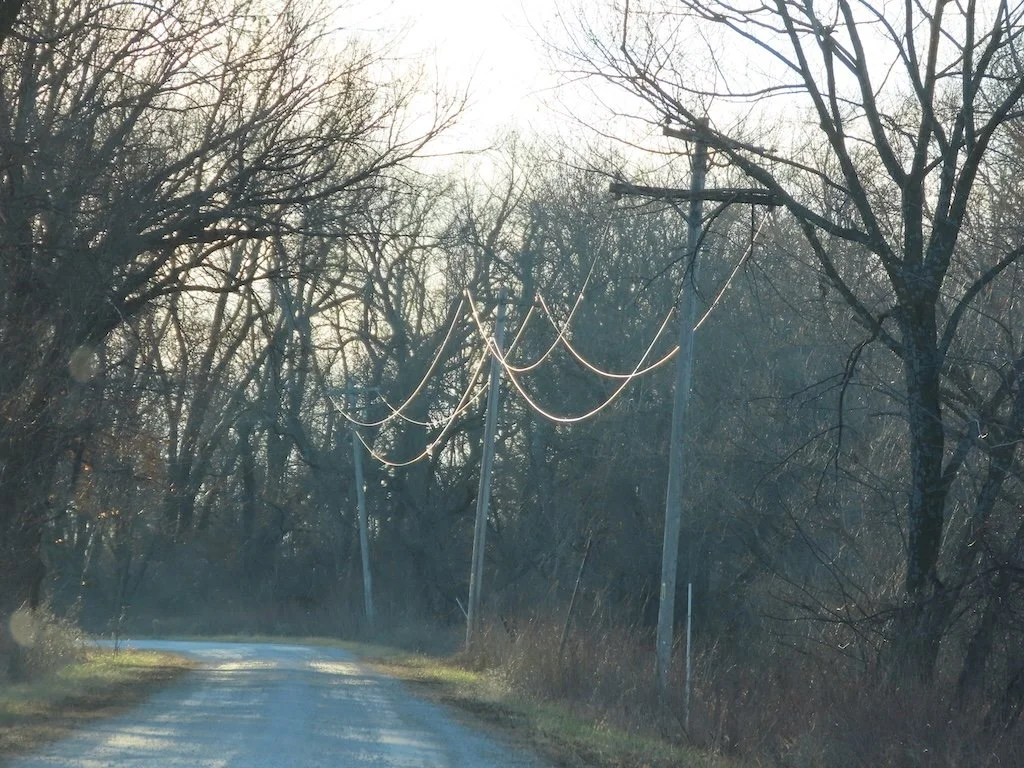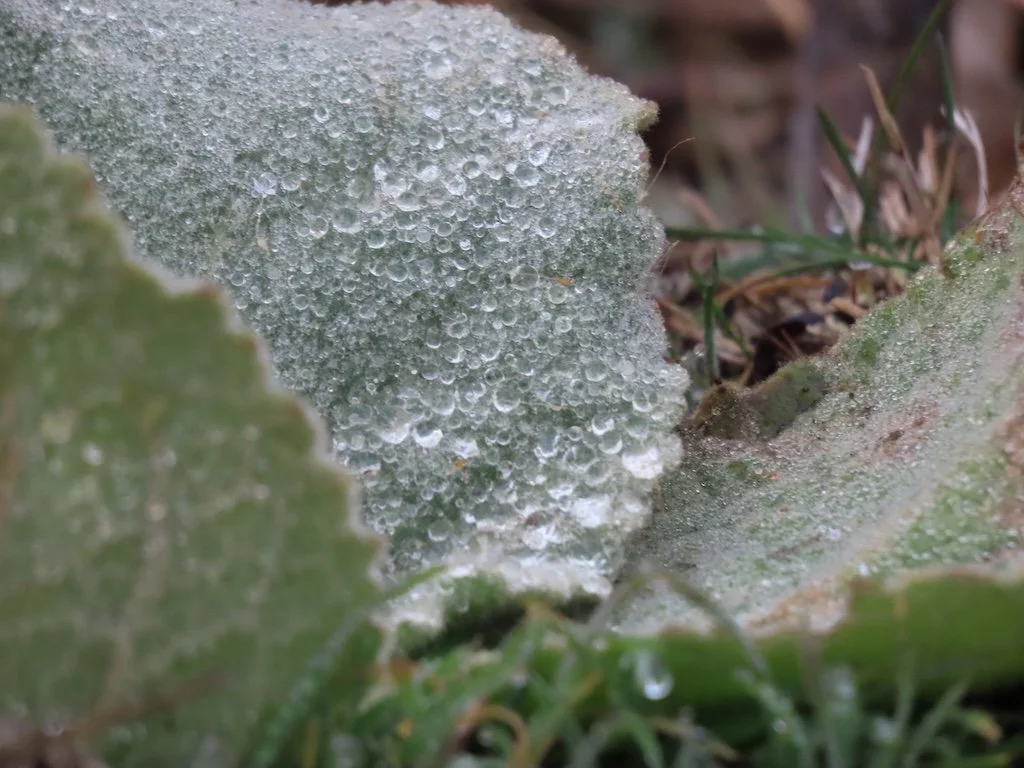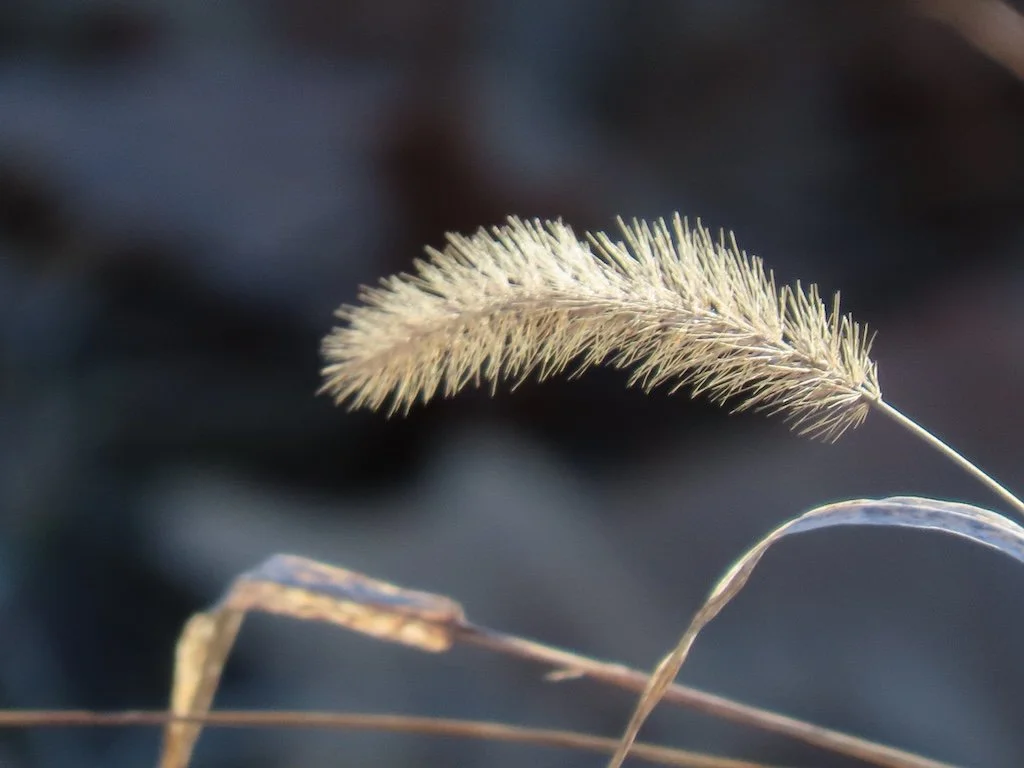The Progress Paradox and Sustainability
/Two ideas have been swirling around in my thoughts for the past months. The first is from Gregg Easterbrook’s The Progress Paradox; the idea is that almost all aspects of Western life have vastly improved in the past century - but most men and women feel less happy than in previous generations. The second idea is that we have to figure out ways to live on Earth sustainably (a good staring point to understand why is Jeffrey Sachs' Introduction to Sustainable Development course available On Demand from Coursera)…or we won’t be able to live on Earth; our population is growing, there will come a time when the world cannot provide enough food and water, and we are changing the climate of the earth (and it’s not for the better).
Putting the two ideas together - we live in a way that is not making us happy and it is hurting the planet…..
We need to change the trajectory of ‘progress.’
Up until now - progress has been about harnessing the resources that the earth stored away in the past. Breaking natural cycles was not something we worried about. In many cases the resources are transformed as they are harnessed and cannot be used in the same way again. With the cycles broken, the resources are not replenished either. For example, we have ramped up agriculture to produce food for more people but managed to reduce the productivity of the land either by erosion, salination, or poisoning of soil…so that some soils can no longer grow food as effectively (or at all). And the overall biodiversity around us has been dramatically reduced.
Our quick and dirty manufacturing has made industrialists wealthy and provide inexpensive products to millions but left debris and poisons in their wake.
There is evidence that there is a human induced mass extinction happening on Earth right now.
We all make choices about the way we live and most of us would choose to live sustainably if we could. But our society provides very few choices that enable that?

Right now some aspects of sustainability are very difficult or impossible. Some examples:
There are some items that always come packaged in plastic (plastic bins/bags of salad greens, bags of frozen fruit),
There are products that such short serviceability that they clog landfills (disposable diapers, foam packing material), and
Electric cars are expensive and range limited….the list goes on.
But the real problem is lack of vision from the top that leads to a sustainable society. With no top down vision it is hard to piece together what we as individuals can do (i.e. bottom up) that will make a difference. That does not mean we should not take the actions that we can.
In 2015 - my overarching resolution for the new year is to live more sustainably.
There are some steps I have already taken in the past few years and new actions. Some are substantial…some are very small. I’ll be writing about them in the weeks ahead and encourage everyone to think about taking steps, even small ones, toward living more sustainably. It’s the most important type of progress we can make for the long term benefit of our children…and the generations to come. And - who knows - maybe there is a nugget of happiness in the doing too.

